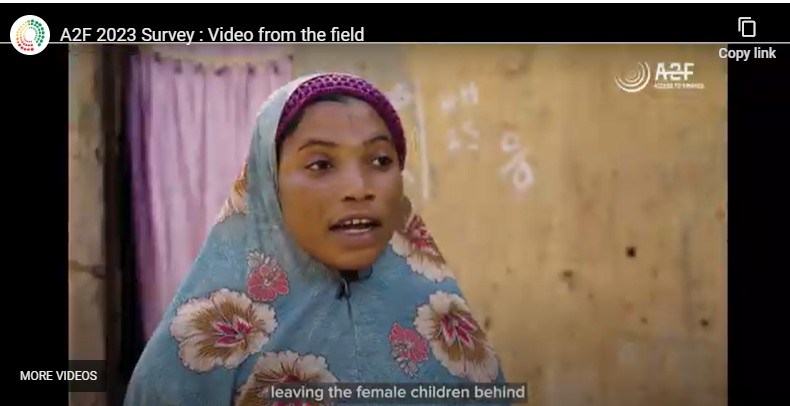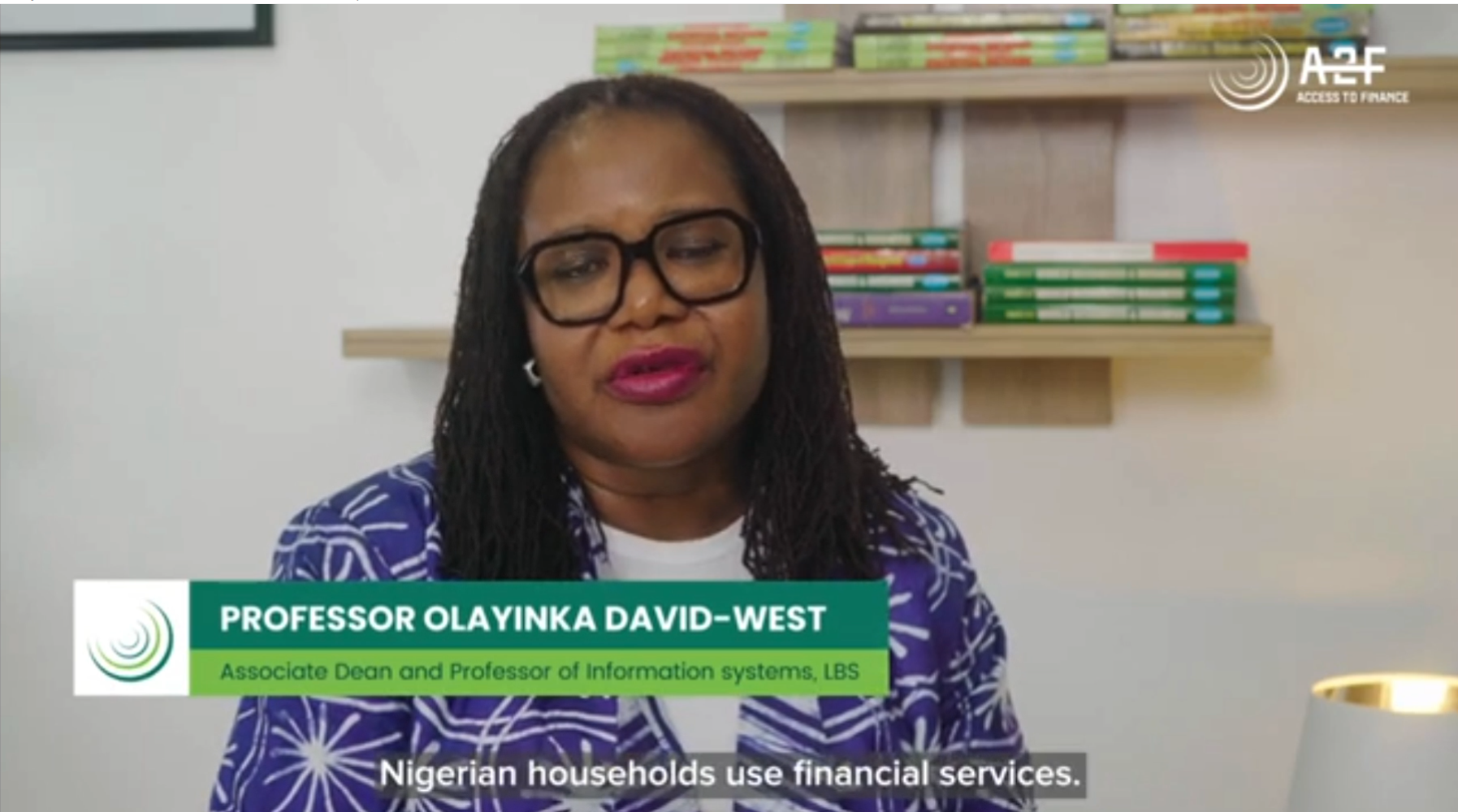
The number of Nigerians that used digital services rose to 45 per cent in 2023 from 34 per cent in 2020.
According to a report by EFInA released in Lagos, titled, ‘A2F 2023 Survey – Key, with the topic, ‘Unlocking insights to accelerate financial and economic inclusion’.
“Forty-five per cent of Nigerians used digital financial services in the past 12 months, up from 34 per cent in 2020,” the report said.
According to the report, the number of adults with a transactional account and used digital financial services rose to 83 per cent from 60 per cent in 2020.
Inside Kwara Community, Ijara-Isin, Where Residents Have Own ‘Currency’
It added that 31 per cent were receiving digital income payments, while 75 per cent were making digital payments for goods
The report said a significant proportion of formally served Nigerians faced challenges related to fraud incidence, poor service, high banking costs, and a lack of clarity in financial information.Related News
- ‘3% growth rate may double poverty level by 2050’
- Millions of workers live in poverty globally – ILO
- When the children are starving
It noted that low levels of awareness, and limited understanding of product offerings continued to hamper trust in other formal (non-bank) products.
The report said, “Nigerians continue to rely on physical financial coping mechanisms to meet their goals, address liquidity distress and cope with shocks. Both active physical mechanisms, such as taking on additional work and cutting back on expenses, and passive physical mechanisms, like doing nothing, remain prevalent choices.
“With over one-third of adults reporting low financial capability, and relatively low access to formal efficient mechanisms to meet financial needs, Nigeria reports a 12 per cent point drop in the proportion of adults who are financially healthy.”
According to the report, poverty was a major reason for financial exclusion, as nearly 50 per cent of adults had no financial account because they have no income.
“Complementary policies to financial inclusion that tackles endemic poverty with regards social investments in education, vocational skills, entrepreneurship, health, market-friendly economic policies are important to ensure wider social impact of financial inclusion,” it stated.





